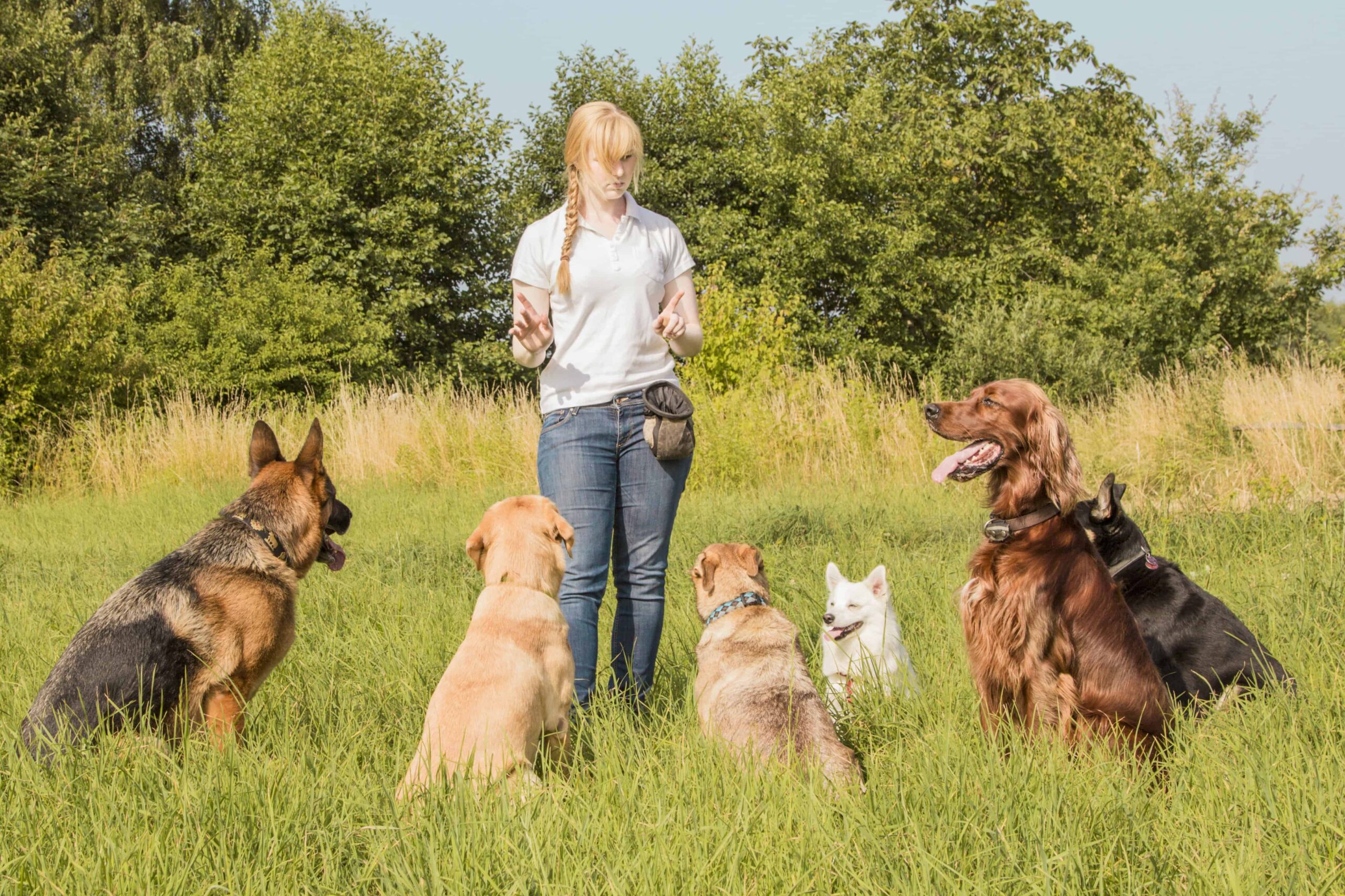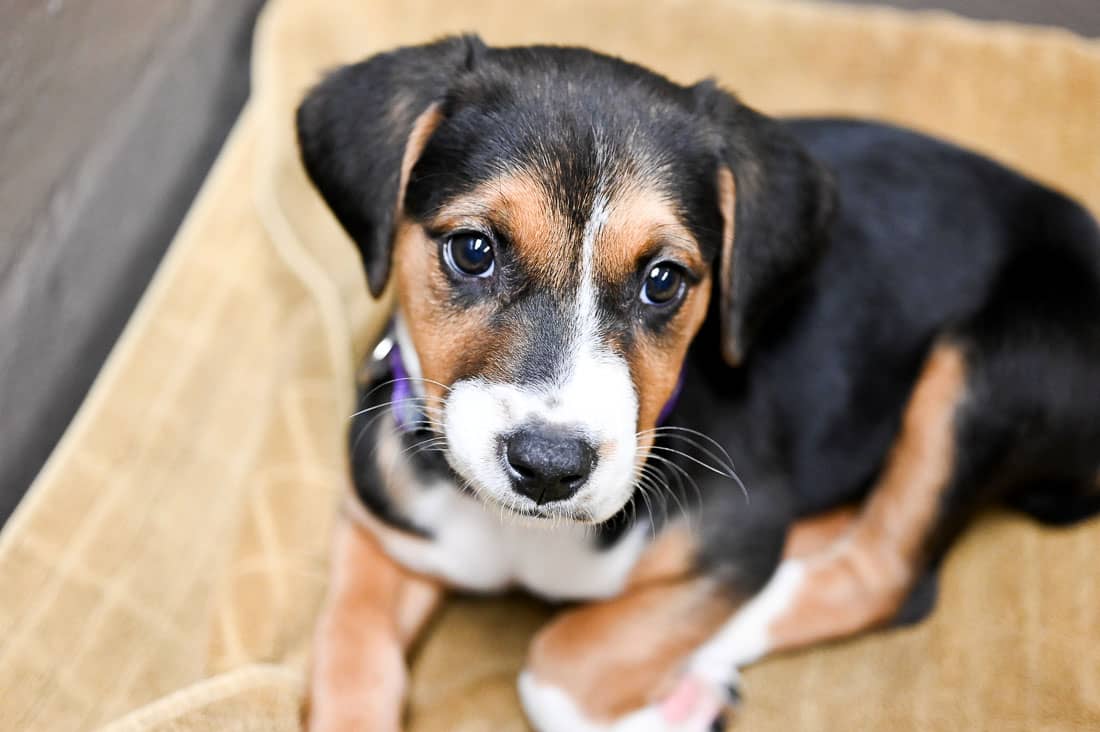Change Your Pet with These Specialist Dog Training Tips
Change Your Pet with These Specialist Dog Training Tips
Blog Article
Vital Tips for Effective Dog Training: A Guide for Pet Owners
Reliable pet training is a diverse process that needs a calculated strategy customized to both the pet's character and the proprietor's objectives. Secret elements such as establishing constant commands, using favorable reinforcement, and assisting in early socialization play essential roles in cultivating a well-adjusted canine companion. Nonetheless, lots of pet dog owners encounter challenges that can impede progress, resulting in frustration and uncertainty. Understanding exactly how to navigate these challenges can significantly boost the training experience, eventually transforming the partnership between proprietor and pet. What are the necessary techniques that can be utilized to ensure success in this undertaking?
Understanding Dog Actions
Understanding canine actions is vital for efficient training and promoting a harmonious partnership in between pooches and their owners. dog training. Canines connect mostly with body language, vocalizations, and activities, making it critical for proprietors to translate these signals properly.

Socializing plays a substantial function in pet dog habits; direct exposure to numerous environments, individuals, and various other pets can substantially impact a pet's character. In addition, aspects such as type characteristics and private temperament ought to lead training methods, as some breeds may have certain behavioral attributes that demand customized approaches. By understanding these components, owners can produce an encouraging setting that motivates favorable behavior, resulting in successful training end results and a much deeper bond with their family pets.
Establishing Constant Commands
Efficient communication with your pet starts with establishing constant commands. This foundational aspect of training is important for cultivating understanding in between you and your pet. Consistency in the commands you utilize guarantees that your pet can dependably link certain words or expressions with the desired habits.
When selecting commands, select clear, unique words that are very easy to say and differentiate from one an additional. Prevent using similar-sounding commands that might confuse your dog. As an example, utilizing "sit" and "stay" is appropriate, but "rest" and "hit" can bring about misconceptions.
In addition, preserve the same tone and quantity for every command. Pets are sensitive to vocal signs, so varying your tone can produce complication.
It is similarly important to guarantee that all family participants are on the very same web page regarding the commands utilized. A united front in command usage will prevent blended signals and enhance the understanding process.
Positive Support Strategies
The power of favorable reinforcement in dog training depends on its capability to motivate preferred actions through incentives and praise. This technique is based in the principle that habits complied with by beneficial end results are more probable to be repeated. By including positive reinforcement right into your training routine, you can effectively shape your pet's actions in a useful manner.
To apply favorable reinforcement, it's necessary to recognize what motivates your pet, whether it be treats, playthings, or verbal praise. When your canine carries out a preferred action, such as remaining on command, quickly award them with a reward or affection. This organization between the command and the favorable outcome reinforces their understanding.
It's crucial to timing the benefits properly; supplying the reinforcement within seconds of the preferred behavior helps your dog make the link (dog training). In addition, consistency is crucial-- guarantee that all relative utilize the exact same commands and incentive systems to avoid confusion

Progressively, you can decrease the frequency of deals with as your canine discovers the habits, transitioning to commend or periodic incentives. This method not only cultivates a solid bond between you and your dog but additionally promotes a favorable discovering setting, making training an enjoyable experience for both.
Socialization and Interaction
Continually revealing your pet dog to a range of settings, people, and various other pets is critical for their social growth. Socializing must start early, preferably during the critical window of 3 to 14 weeks, when puppies are most receptive to brand-new experiences. Nonetheless, older dogs can additionally take advantage of continuous socialization efforts.
Introduce your pet dog to different setups, such as parks, pet-friendly stores, and city locations. This direct exposure helps them adjust to numerous stimulations, reducing stress and anxiety and anxiety reactions. you can try here Urge positive communications with various other canines and individuals, making sure that these experiences are risk-free and controlled to cultivate self-confidence.
Use organized playdates with courteous dogs, as this can improve your pet dog's social skills and teach them appropriate actions. Obedience courses and training sessions additionally offer exceptional opportunities for socialization, allowing your canine to connect with others in a supervised environment.
Monitor your pet's body language throughout interactions, as this will certainly aid you determine their convenience degree. Gradually boost direct exposure to more challenging circumstances while making sure that each experience declares. A well-socialized pet is most likely to exhibit well balanced behavior, making them a delight to have in any setting.
Dealing With Typical Training Obstacles
Every pet dog owner will certainly experience training difficulties at some time, regardless of their canine's age or socialization level. Recognizing typical concerns such as stubbornness, disturbances, and terror can aid in creating effective techniques for enhancement.

Interruptions during training sessions can thwart emphasis. To combat this, begin training in a quiet environment with very little stimulations. Slowly present diversions as the pet comes to be a lot more competent in commands. Short, regular training sessions are also reliable in keeping interest.
Terror can hinder a canine's learning procedure. Gradual desensitization to the resource of concern, coupled with positive support, can help relieve stress and anxiety. Patience is critical; never force a canine into a scenario that triggers distress, as this may exacerbate the issue.
Inevitably, understanding and attending to these common challenges with an organized method will certainly cultivate an extra effective training experience, reinforcing the bond between dog and proprietor while promoting efficient learning.
Verdict
In summary, successful pet training relies upon a thorough understanding of canine habits, the establishment of regular commands, and the application of positive reinforcement techniques. Socialization plays an essential duty in establishing well-adjusted pet dogs, while resolving usual training obstacles needs patience and adaptability. By carrying out these necessary methods, animal owners can cultivate a strong bond with their canines and advertise preferable habits, ultimately resulting in an unified partnership in between human beings and their canine friends.
Recognizing canine behavior is essential for efficient training and fostering a harmonious relationship in between canines and their owners.Socialization plays a significant function in canine actions; direct exposure to different environments, people, and various other animals can significantly affect a pet dog's character.The power of favorable reinforcement in dog training exists in its capacity to encourage preferred actions through benefits and appreciation. By incorporating positive support into your training regimen, you can effectively shape your dog's habits click to read more in a positive Related Site fashion.
In summary, effective pet dog training counts on a comprehensive understanding of canine behavior, the establishment of regular commands, and the application of positive support methods.
Report this page